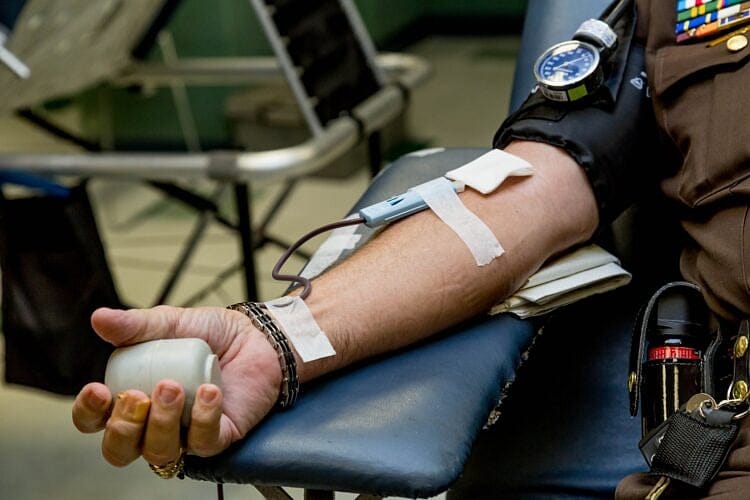Massachusetts General Hospital Says Blood Donations Are Down Dramatically, Need Is Urgent

About one year ago the Commonwealth of Massachusetts shut down sectors of the economy in response to the coronavirus pandemic.
While the virus has taken the lives of more than half a million Americans and hospitalized many more, people remain hesitant to donate blood out of fear of the virus, Kim Cronin, manager of Massachusetts General Hospital Blood Donor Services, told NewBostonPost by telephone on Monday afternoon.

